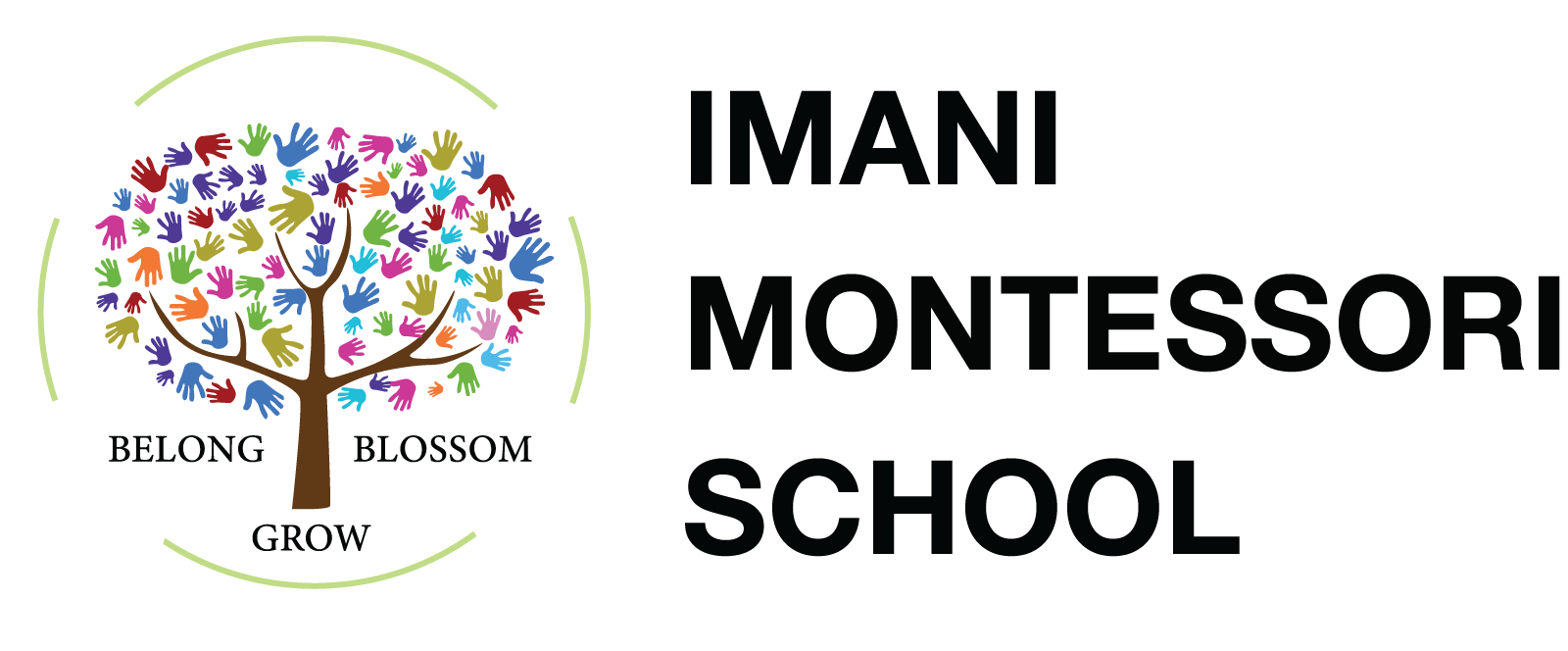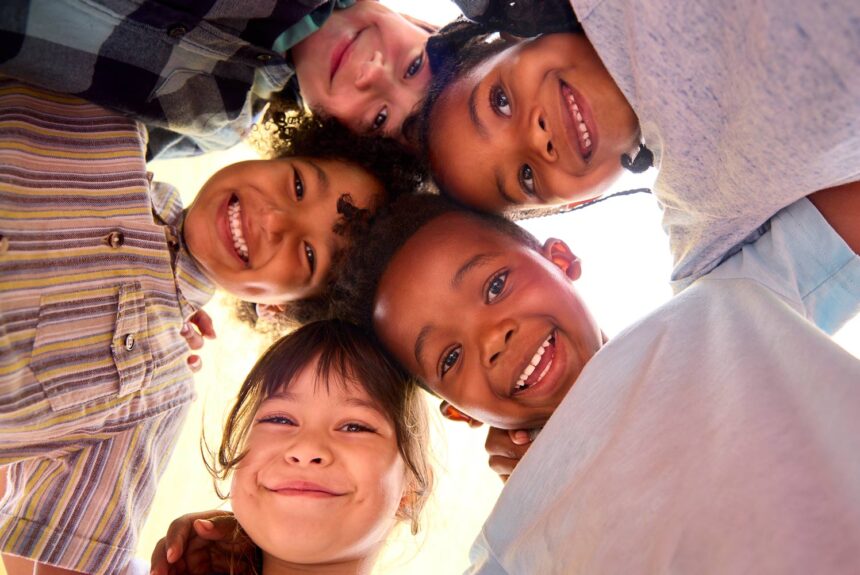As Montessori education has grown in popularity, more schools have begun using the name. While this has helped bring attention to child centred learning, it has also made it harder for parents to know what is truly Montessori and what is simply borrowing the label. Choosing the right school is an important decision, and understanding what to look for can make all the difference. A true Montessori environment is not defined by marketing language, but by how children learn, move, and are supported each day. Here are eight signs that help parents identify an authentic Montessori school. The first sign...

Montessori vs Traditional Schooling: 7 Reasons Parents Choose a Better Path
Many parents follow the traditional school path simply because it is familiar. It is the system they grew up with, so it feels safe and proven. Yet as children grow, some parents begin to notice signs of mismatch. Their child may feel rushed, anxious, disengaged, or defined by comparison rather than growth. Montessori education offers an alternative, not as a trend, but as a carefully thought out approach grounded in how children actually learn and develop. Here are seven reasons many parents choose Montessori over traditional schooling. The first reason is that Montessori follows the child, not the timetable. Traditional...
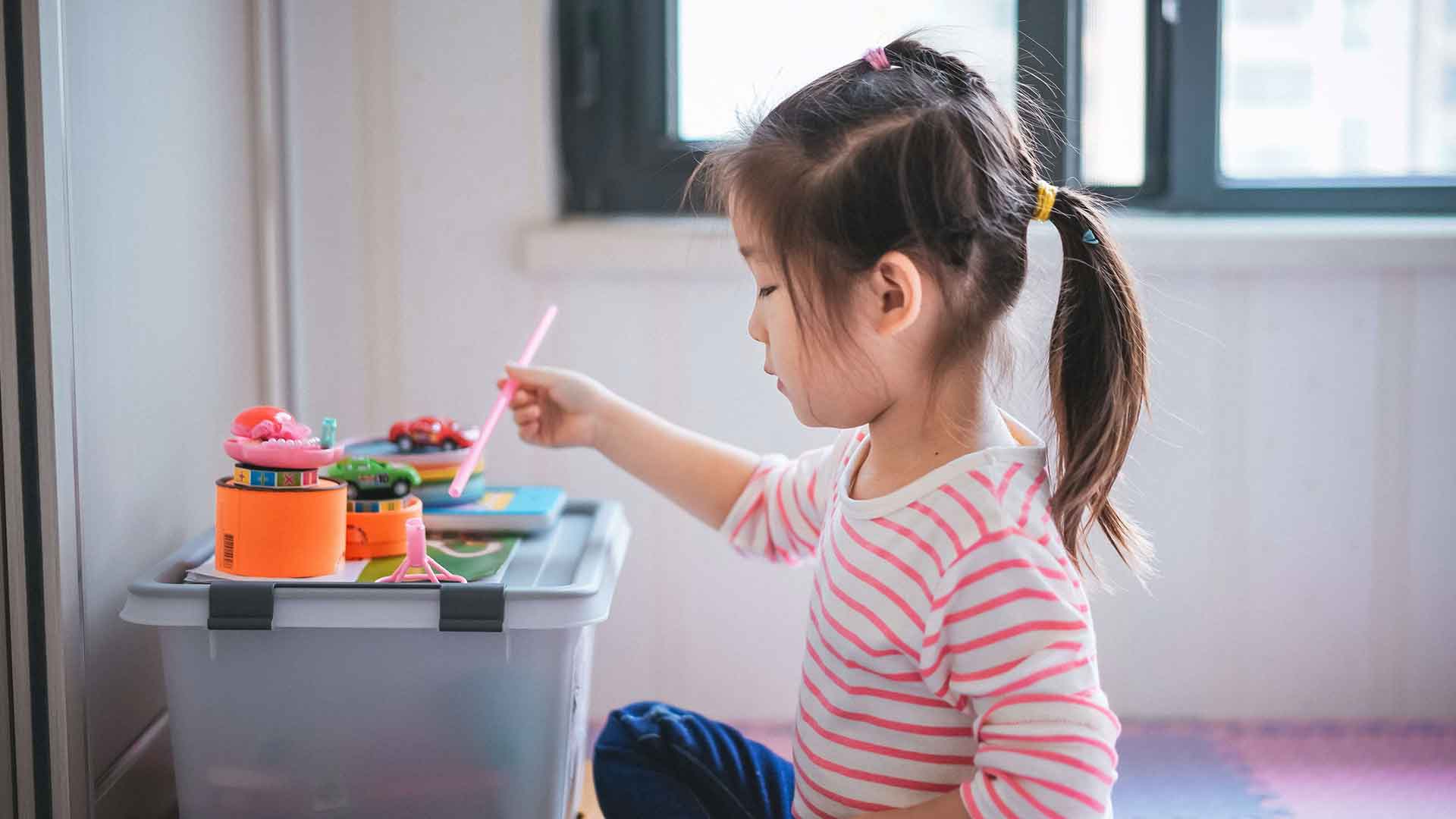
The Montessori Advantage: 5 Things Your Child Will Gain Before Age 6
The early years of a child’s life shape more than we often realise. Long before formal academics become important, children are building habits of mind, emotional patterns, and attitudes toward learning that can last a lifetime. This is why the kind of environment a child experiences before age six matters so deeply. Montessori education places special emphasis on these early years, recognising them as a unique window of opportunity. Rather than rushing children into academic performance, Montessori focuses on building strong foundations that support learning and wellbeing far beyond childhood. Here are five things children commonly gain through Montessori education...

6 Ways Montessori Helps Your Child Become Independent and Confident
Independence and confidence are not traits children suddenly develop one day. They are built slowly, through everyday experiences where children are trusted, supported, and allowed to try. Many parents want their children to be self assured and capable, yet unknowingly place them in systems that reward compliance more than initiative. Montessori education takes a different approach. It is designed to help children grow into themselves, step by step, by giving them real responsibility and the freedom to make meaningful choices within clear boundaries. Here are six ways Montessori nurtures independence and confidence in a way that lasts. The first is...
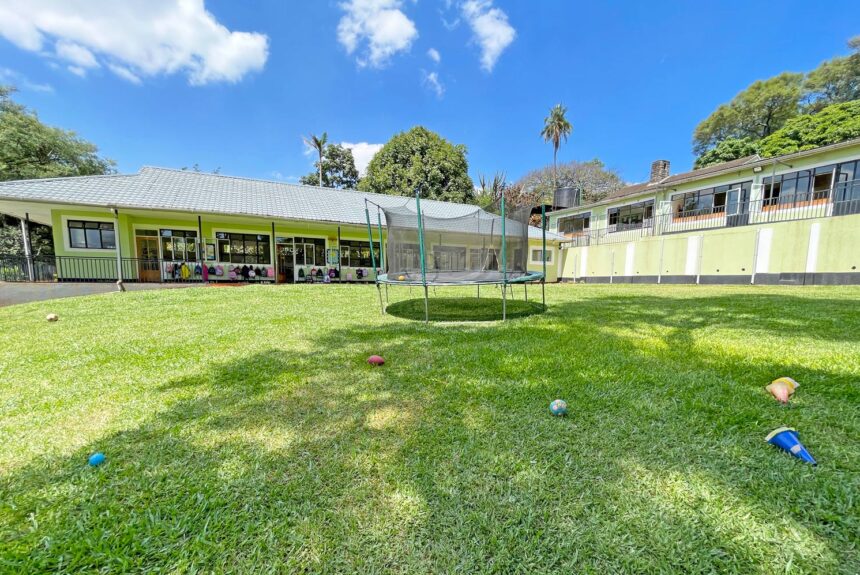
Is Your Child Ready for More Than Memorisation? Here’s What Montessori Offers Instead
Many parents begin questioning their child’s education when they notice a gap between effort and understanding. Their child may be able to recite facts, repeat answers, or complete worksheets, yet struggle to explain why something works or apply it in real life. Learning starts to feel like performance rather than growth. Montessori education was designed as a response to this exact problem. Instead of asking children to memorise information first and understand later, it flips the process. Children begin with experience, discovery, and meaning, and understanding follows naturally. Learning starts with the hands In Montessori classrooms, learning starts with the...
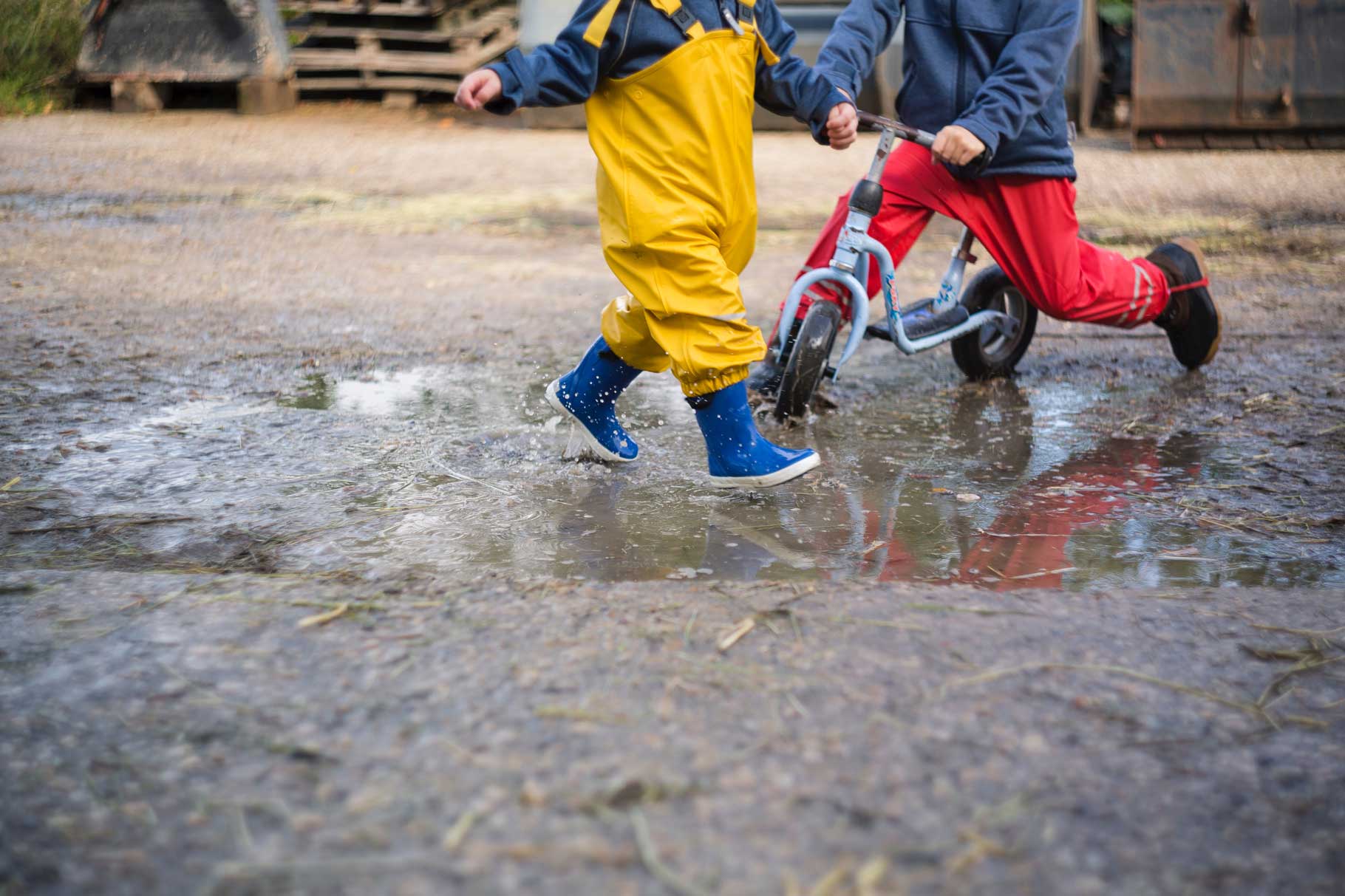
5 Secrets Montessori Parents Wish They Knew Sooner
Many parents discover Montessori education after feeling that something in their child’s schooling just isn’t clicking. Their child may be bright and curious at home, yet disengaged or anxious in class. Others arrive at Montessori simply wanting something more thoughtful, more human, and more aligned with how children actually grow. What many Montessori parents say, often with a smile and a hint of regret, is this: “I wish I had known this sooner.” Here are five insights parents often only fully understand after experiencing Montessori firsthand. The first is that learning does not have to be loud, rushed, or stressful...

Why Montessori Education Works: 7 Ways It Sets Your Child Up for Lifelong Success
Every parent wants their child to grow into a confident, capable adult, curious about the world, secure in who they are, and able to think for themselves. Yet many education systems still focus on speed, comparison, and memorisation. Montessori education asks a different question: What if learning followed the child, instead of forcing the child to follow the system? Montessori works because it is built around how children naturally grow, emotionally, socially, and intellectually, not how adults think learning should look. 7 Ways Montessori Supports Real, Lasting Growth 1. Children Learn at Their Own PaceIn Montessori classrooms, children are not...
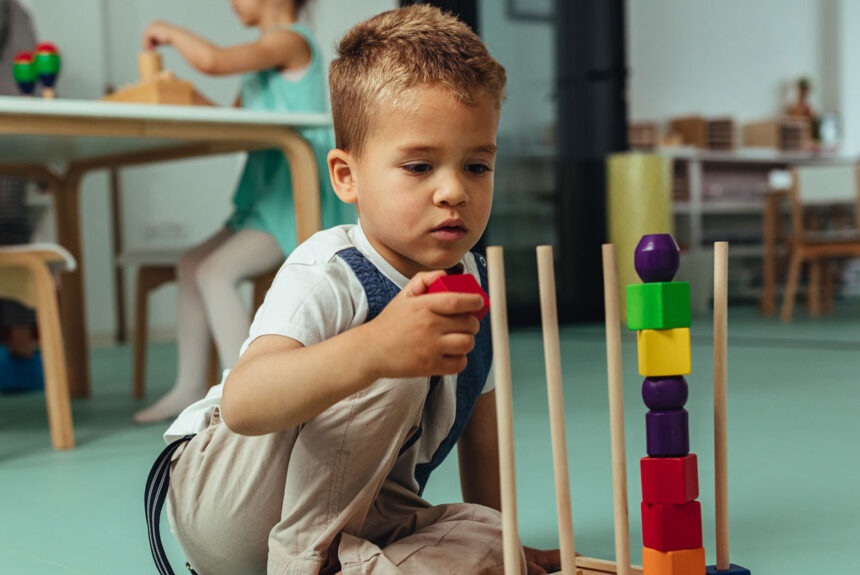
Montessori Kindergarten in Nairobi: What ‘learning at their own pace’ really looks like
If you’ve ever peeked through the doorway of one of our Montessori School kindergarten classrooms during the morning work cycle, you might be surprised. It doesn’t look like a “lesson” in the traditional sense. There’s no teacher at the front talking to the whole class at once. Instead, you’ll see children scattered across the room, some seated at child-sized tables, some kneeling on mats, others quietly moving between shelves and workspaces. One child might be carefully pouring water from one glass jug to another, another building a tall tower of pink wooden cubes, while a third is laying out sandpaper...
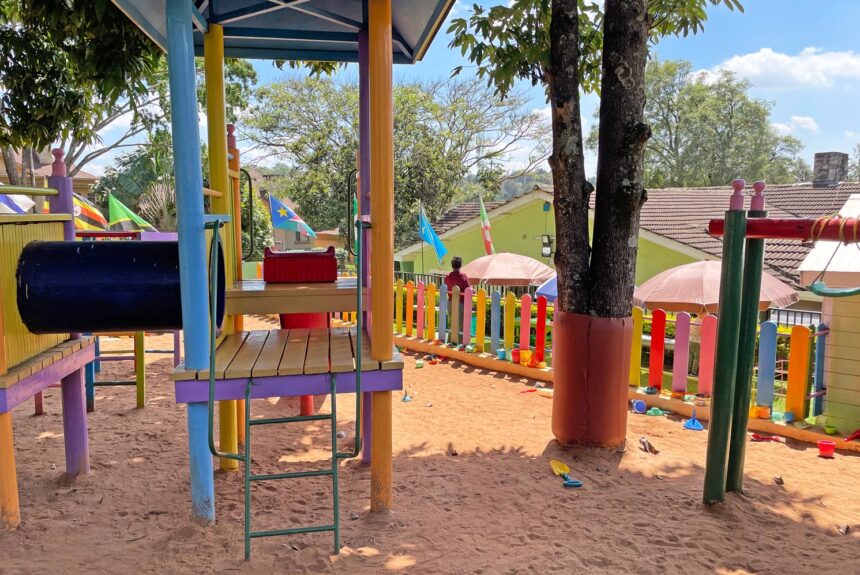
Starting Montessori Before Age 4 Can Shape Your Child’s Future Learning
By the time a child turns four, their brain has almost completed most of its physical growth, but it’s the quality of experiences in those early years that truly shapes how they think, learn, and relate to the world. In the Montessori setting, we call the first six years of life the “absorbent mind” period. During this time, children are like sponges, soaking up language, movement, social behaviours, and problem-solving skills without conscious effort. Starting Montessori before age four means giving a child more time to work within this window, and that can have a lasting impact on their future...

Practical Life at Ages 3-6: Real Tasks That Build Focus and Independence
Walk into a Montessori kindergarten and at first, it might seem like “chores” have somehow found their way into the classroom. But in Montessori, these activities aren’t busywork or an afterthought, they are part of the core curriculum, known as Practical Life. For children between the ages of 3 and 6, Practical Life work is the bridge between the home environment and the larger world. It gives them the tools to care for themselves, for others, and for their surroundings. It builds coordination, concentration, independence, and a quiet confidence that comes from being trusted with real, meaningful tasks. The dignity...
